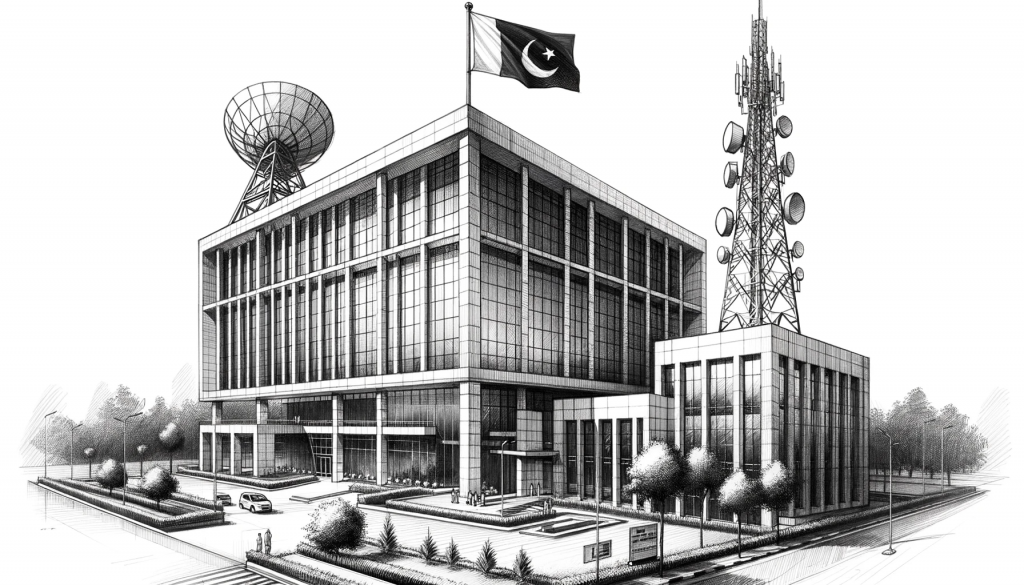Empowering Pakistan’s Tech Future: The Collaborative Blueprint for Nurturing 75,000 Computer Graduates
by Haseeb Uddin · Published · Updated

Every year, a remarkable figure emerges from Pakistan: 75,000 new computer science graduates. Yet, a deep dive into this statistic reveals a jarring inconsistency. Only a fraction – less than 10% – find themselves equipped for the challenges of the contemporary tech world.
Education’s Tryst with Standardization
In the whirlwind of technological evolution, the keystone for success lies in standardization. A harmonized curriculum across universities, backed by a rigorous testing mechanism, can serve as a solid foundation. Not only would it guarantee a baseline proficiency among graduates, but it also offers a reliable benchmark for tech enterprises during their hiring processes.
Academicians at the Forefront of Change
As guardians of knowledge, academicians have a paramount role to play. Their expertise can guide students through the intricate mazes of complex solution architectures. More than just educators, they need to emerge as conduits between academia and industry, ensuring that the skills imbibed by students resonate with real-world demands. Their efforts can bridge the chasm between theoretical knowledge and its practical application, facilitating smoother transitions into the professional realm.
A Haven for Tech Enthusiasts
For tech aficionados, a conducive environment is pivotal. The vision of purpose-built technology parks across Pakistan isn’t just a dream; it’s a necessity. These hubs can serve as crucibles where innovation, learning, and professional growth coalesce, empowering graduates to forge ahead in their tech journeys locally.
Industries: Not Mere Spectators
The tech industry isn’t just a beneficiary in this equation; it’s an active player. A meticulous needs analysis can preemptively identify the roles and skills required, ensuring that graduates aren’t just assimilated but are strategically positioned to amplify their contributions.
Harmonizing Efforts with P@SHA and PSEB
Industry stalwarts, P@SHA and PSEB, are invaluable allies in this mission. Their insights and networks can catalyze the creation of local employment opportunities, tailoring them to match the caliber and aspirations of our graduates. A synergized effort with these entities can recalibrate the tech ecosystem, ensuring its alignment with global standards.
Collaboration: The Cornerstone of Progress
The recipe for a thriving tech landscape in Pakistan hinges on collaboration. Interactions between academia and industry, facilitated by workshops, internships, and feedback loops, can keep the curriculum and skill development in step with the ever-evolving tech world.

In Conclusion
Pakistan stands at the cusp of a tech revolution. With 75,000 computer science graduates each year, the potential is immense. By intertwining the strengths of academia, industry, and associations like P@SHA and PSEB, we can craft a future where these graduates aren’t just numbers but the flagbearers of Pakistan’s tech ascendancy.


